 |
A portion of the Internet has disappeared completely. Photo: Yale Alumni Magazine . |
We live in a modern digital age, with unlimited storage. Today, most generations post photos and videos online as a way to safely store memories. However, paradoxically, information is more easily lost than ever.
According to IDC, by 2025, the world will generate over 180 zettabytes of data per year, but much of it will be ephemeral and not properly managed. Today, each person has 4,000 times more content than they did 15 years ago, not to mention an inbox with thousands of emails.
Digital archivists fear a digital dark age, where data from a given period of time is so scarce or undiscoverable that it disappears altogether. Furthermore, with the rise of AI, original human-generated content is becoming especially scarce.
Digital memory overflow
Nearly 90-95% of global data has been created in recent years. With the entry of many social media platforms, Digital Silk predicts that the amount of content will more than double from today by 2028, reaching 394 zettabytes.
Each person produces and consumes an incredible amount of data. Digital Silk reports that Instagram users post 95 million photos and videos to the platform every day. Every hour spent browsing TikTok consumes 840 MB of data. Listening to music and watching videos on Spotify and YouTube also consumes countless digital resources.
Archiving data is a never-ending task, and it’s becoming increasingly difficult. Society today produces so much stuff that we ourselves are deleting more and more every year to keep the cycle going. Archivists must also choose what to keep and what to discard to make room.
Information from celebrities is one of the hardest to archive. At the British Library, when an influential person’s laptop or phone arrives, Callum McKean, the library’s chief digital archivist, copies the entire hard drive to create a master copy.
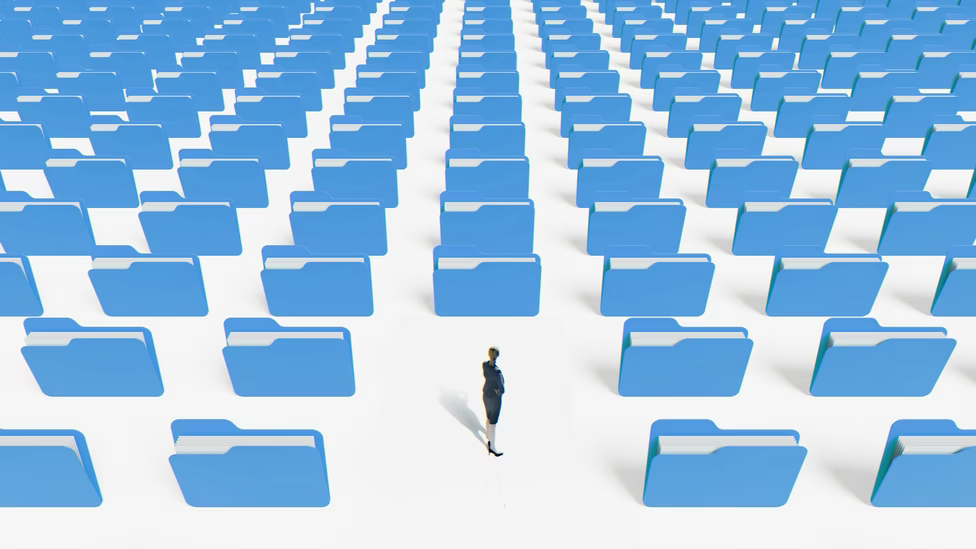 |
The amount of data is becoming overwhelming for archivists. Photo: The Atlantic. |
Archivists then create a curated version, sanitizing sensitive information, similar to how they process paper records. There are software programs that claim to help with this, but they’re not perfect. In some cases, they have to go through each file manually.
Millions of messages and images are sent every hour through countless messaging apps. MIT Technology magazine argues that information is now more fragile than ever, with platforms like YouTube and Facebook completely capable of disappearing one day.
This has happened before. MySpace, the first major social network, apparently by mistake deleted all photos, videos, and audio files uploaded before 2016. In June 2024, more than 20 years of music journalism disappeared when the MTV News archive was taken off the internet.
AI content indistinguishable
Elsewhere, despite the proliferation of content recently, not all content is guaranteed to be authentic. Experts at Cloudflare, which operates one of the world’s largest internet networks, have expressed concern that generative AI has “polluted” original human data.
Artificial intelligence is trained to learn from humans. But with most of the content online being generated by AI, it is more likely to copy itself, diluting the quality.
Scientists have compared the phenomenon to the steel pollution disaster after World War II, when all the steel on the ground was affected by radiation, making it impossible to ensure accuracy. Documents before 2022, when AI is launched, are becoming increasingly scarce and at high risk of disappearing if not stored in time.
Many forums that were once places for sharing and digital cultural activities for young people, such as Yahoo 360, have been wiped off the Internet. Meanwhile, modern platforms such as Facebook, TikTok, and even Reddit, which were once places for people to exchange, are now dominated by algorithms and AI-generated content.
 |
Wayback Machine, one of the projects that archives screenshots of disappeared websites. Photo: Internet Archive. |
Today, original human-created content is quickly deleted due to privacy policies or short-term storage regulations. Many messaging apps like Instagram, Whatsapp, Snapchat allow users to set messages to disappear after a certain time. Or many features like stories, vanish mode are born to encourage short-term content.
Original content is important, ensuring the foundation for most later discoveries. According to Business Insider, preserving this data allows us to build a trustworthy future.
More and more unfiltered information is being created every day, replacing old content. The Atlantic notes that historians could lose access to deeply revealing private documents, leading to the possibility of a “digital dark age.”
Source: https://znews.vn/ky-nguyen-den-toi-ky-thuat-so-dang-den-post1560393.html


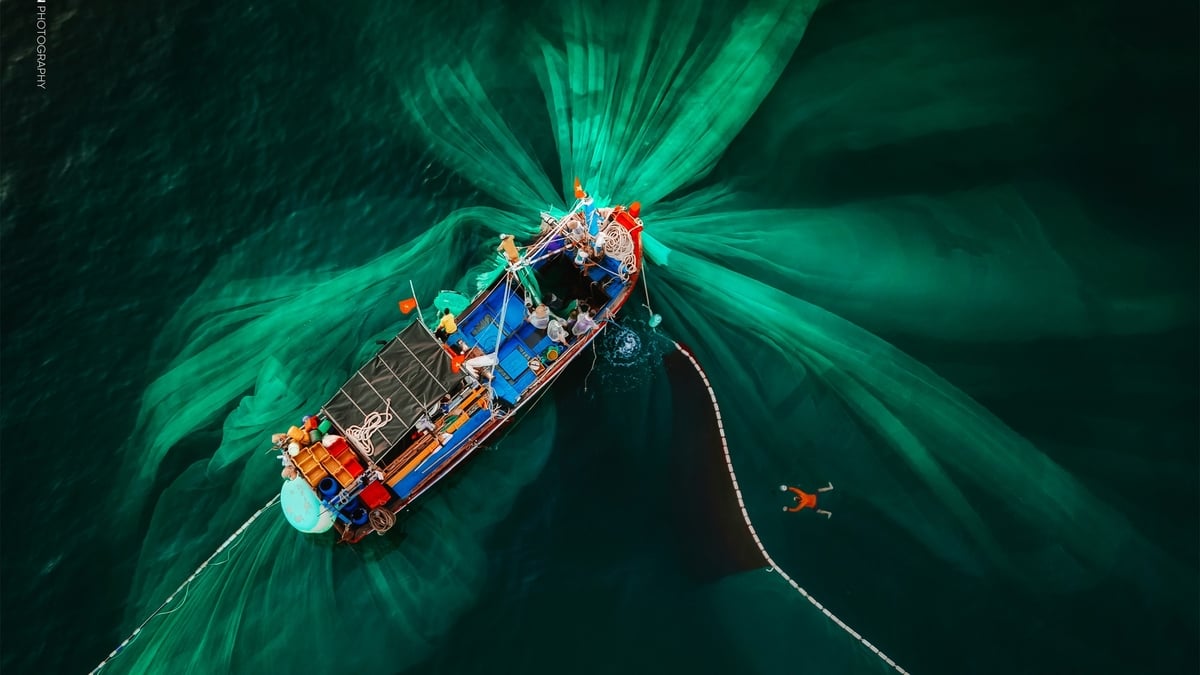
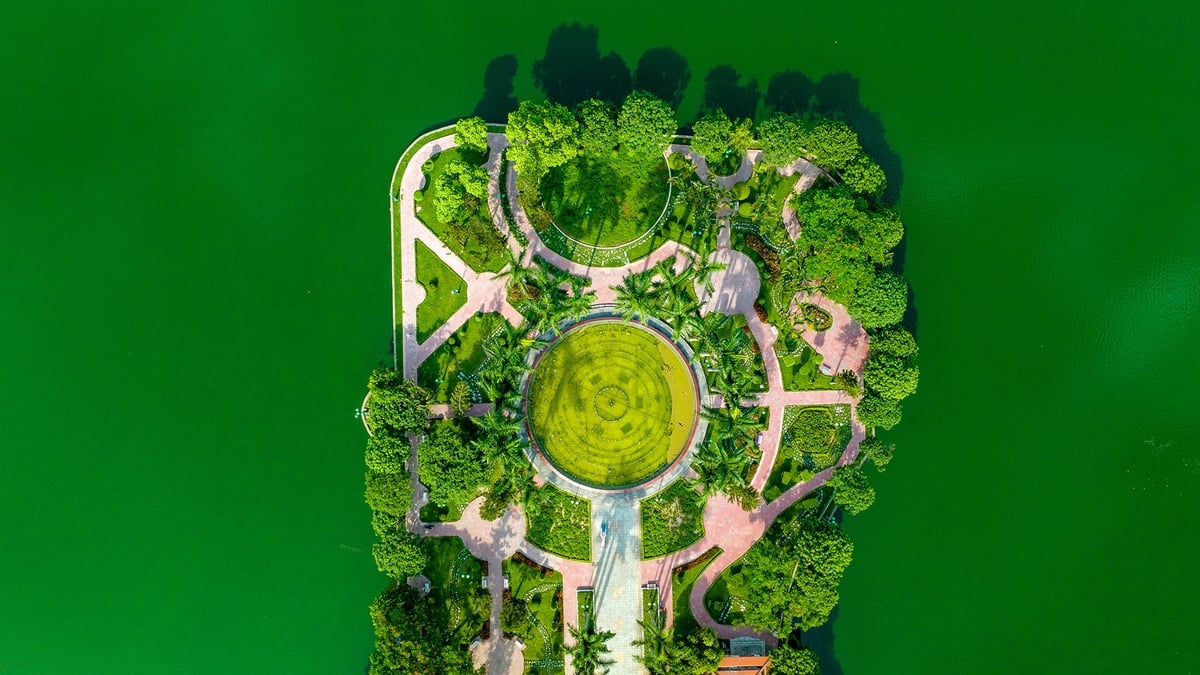











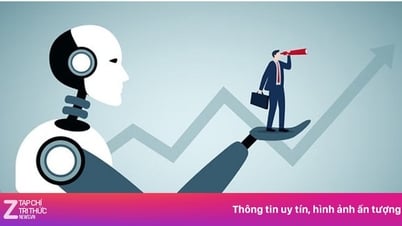


































![[Maritime News] Wan Hai Lines invests $150 million to buy 48,000 containers](https://vphoto.vietnam.vn/thumb/402x226/vietnam/resource/IMAGE/2025/6/20/c945a62aff624b4bb5c25e67e9bcc1cb)














![[Infographic] Party Committee of the Ministry of Culture, Sports and Tourism: Marks of the 2020 - 2025 term](https://vphoto.vietnam.vn/thumb/402x226/vietnam/resource/IMAGE/2025/6/22/058c9f95a9a54fcab13153cddc34435e)



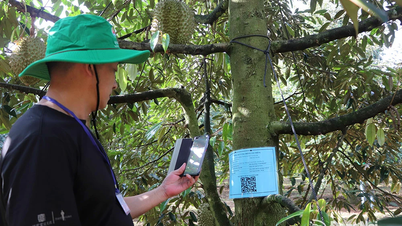





















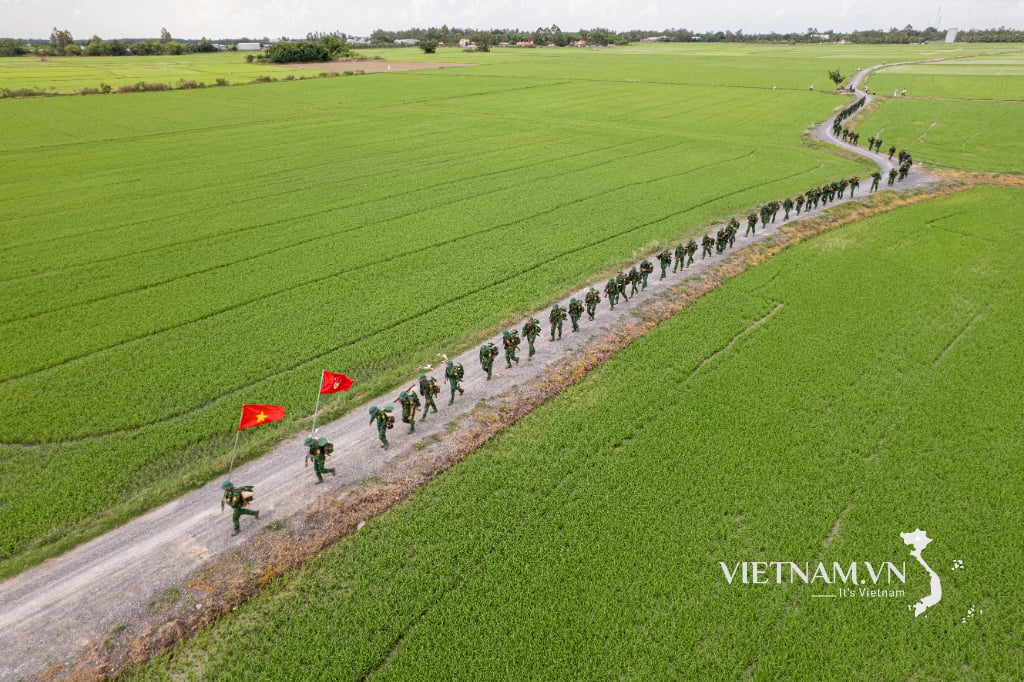
Comment (0)